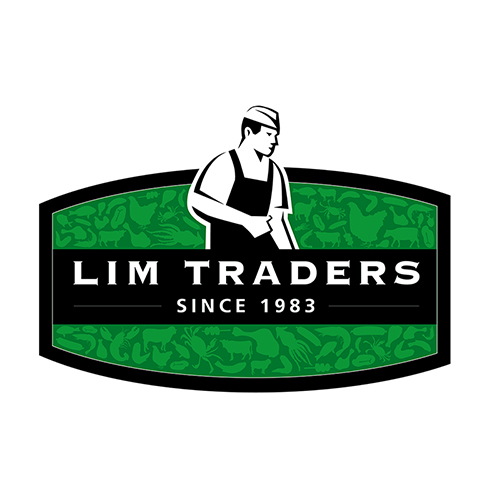REQUIREMENTS
- Diploma in Food Science, Food Technology or related disciplines
- Knowledgeable in local & international food safety standards
- Excellent communication and training skills
ROLES & RESPONSIBILITIES
1. Inspecting Raw Materials and Finished Products
- Assess the quality of raw materials, semi-finished, and finished food products.
- Ensure compliance with food safety standards, specifications, and government regulations.
- Conduct visual and physical inspections of products for defects, contamination, or spoilage.
2. Testing and Sampling
- Collect samples for laboratory analysis and ensure proper storage and labeling.
- Monitor critical control points (CCPs) to ensure compliance with safety protocols.
3. Compliance with Safety Regulations
- Ensure all products adhere to local and international food safety standards (e.g., SFA, Halal, HACCP, ISO 22000)
- Keep updated with regulatory changes and ensure production processes comply.
- Ensure proper documentation and record-keeping for audits and inspections.
4. Process and Equipment Monitoring
- Ensure production equipment is functioning properly and safely.
- Monitor environmental conditions such as temperature and humidity that may affect food quality.
- Implement calibration and validation of testing instruments.
5. Developing and Maintaining Quality Standards
- Design and update quality control protocols and standard operating procedures (SOPs).
- Train staff on quality standards and food safety regulations.
- Suggest improvements for production processes to enhance product quality and efficiency.
6. Reporting and Documentation
- Maintain detailed records of quality control tests, inspections, and non-conformances.
- Prepare reports summarizing findings and actions taken to correct issues.
- Investigate consumer complaints related to food quality and implement corrective actions.
7. Collaboration with Other Departments
- Work closely with production, procurement, and supply chain teams to resolve quality issues.
- Coordinate with regulatory agencies during audits or product recalls.
- Collaborate with R&D teams to ensure new products meet quality standards.
8. Conducting Audits and Investigations
- Conduct internal audits to ensure continuous compliance with quality standards.
- Investigate food safety incidents or production failures and take corrective/preventive actions.
9. Employee Training and Development
- Train employees on proper food safety practices, sanitation procedures, and quality control standards.
- Ensure workers are aware of personal hygiene standards and the use of protective gear.





